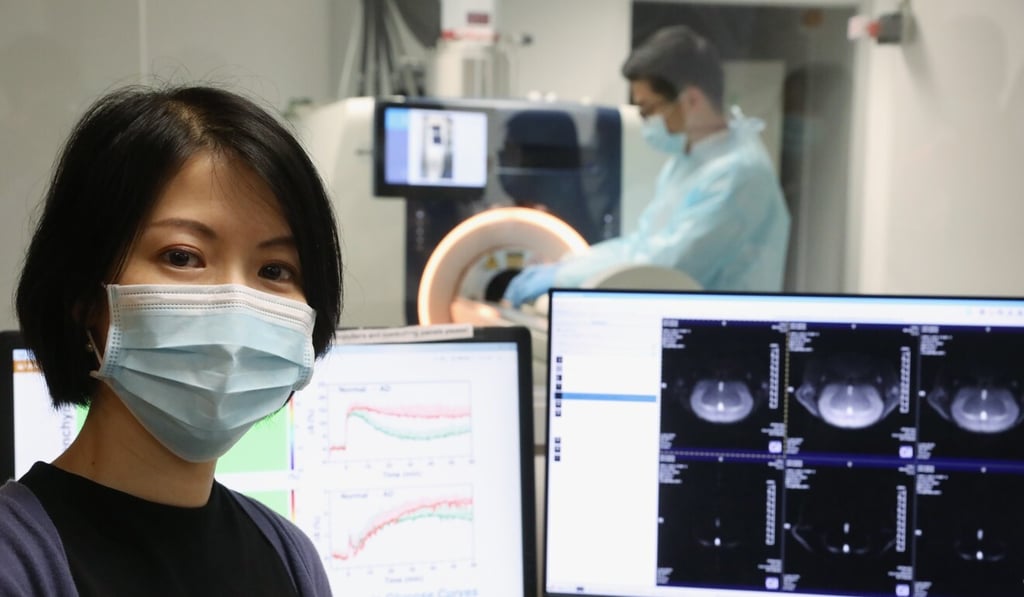New method to detect Alzheimer’s could identify disease 10 years before onset of symptoms, Hong Kong researchers say
- Approach uses non-invasive MRI scans and was developed by City University team working with Johns Hopkins University in the US
- Pilot human trials already under way with healthy volunteers and researchers hope the clinical trials could begin in the next three years

Hong Kong researchers claim to have discovered a new method to detect early-stage Alzheimer’s disease that could identify the condition up to a decade before symptoms appear.
No treatment is currently available for the form of dementia, a life-limiting illness marked by a gradual deterioration of mental ability including memory, judgment and communication. By 2050, a third of Hong Kong residents aged 80 or over are projected to be afflicted with the disease.
Dr Kannie Chan Wai-yan, an associate professor at City University’s department of biomedical engineering who co-led the research team, used MRI scanning to trace glucose injected into the brains of mice. A slow absorption and processing rate of the sugar pointed to signs of Alzheimer's.

“One of the challenges in the early diagnosis of Alzheimer’s is that many of the clinical symptoms, such as the emergence of protein plaque, are similar to other signs of ageing,” she said. “Meanwhile, actual symptoms of Alzheimer’s only appear long after the brain has started to deteriorate.”
By the time the organ shows changes, the disease is usually in the mid to late stage of development, according to Chan, who worked with researchers at Johns Hopkins University in the United States. Changes at the molecular level, such as alterations in how glucose molecules were processed, could be early indicators of the disease, she said.
In mice with Alzheimer’s, the processing of glucose in the glymphatic system – the brain’s lymphatic system that eliminates waste from the central nervous system – was significantly slower compared to healthy mice.